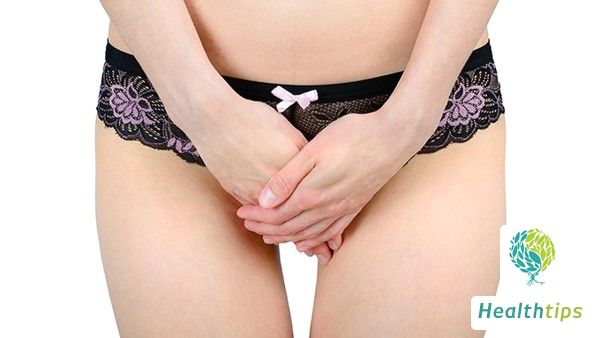If pelvic inflammatory disease is confirmed, it is necessary to promptly use anti-inflammatory drugs to control the disease. If there is a large amount of leucorrhea, it is also necessary to examine the routine leucorrhea to determine whether there is vaginitis. Vaginitis is divided into trichomonas vaginitis and mycotic vaginitis. After timely and symptomatic treatment, if there is trichomonas vaginitis, metronidazole suppositories can be used for treatment. If there is mycotic vaginitis, mycostatin suppositories can be used for treatment. Generally, attention should be paid to hygiene and cleanliness to prevent the occurrence of inflammatory infection. It is recommended to go to the hospital for routine leucorrhea examination to check whether there is vaginitis and whether there is cervicitis. Find out the reason and then treat it symptomatically. Routine leucorrhea examination, vaginal secretion examination, cervical examination can be done with colposcopy, and experienced doctors can directly observe the cervix with naked eyes, and can also initially check whether there is cervicitis. Abdominal pain, back pain, and increased leucorrhea may be caused by pelvic inflammatory disease caused by vaginal inflammation. What is the cause of abdominal pain after miscarriage? For this kind of pain, it is necessary to detect the corresponding secretions, understand the specific pathogenic bacteria of the infection, carry out sufficient courses of treatment and adequate anti-infective treatment to avoid pelvic infection, affecting women's ovaries, fallopian tubes, and uterus, which may lead to secondary infertility. Stomach pain after miscarriage can be seen in the following reasons: It may be stomach pain caused by pelvic inflammatory disease, vaginal bleeding after miscarriage, and the female cervix is open. At this time, bacteria in the same room are prone to retrograde infection, leading to stomach pain caused by vaginitis, endometritis, and pelvic inflammatory disease. It is recommended that women have sex one month after miscarriage. If sex is too early, ovarian function and the uterus have not fully recovered. Due to the thin endometrium, it may lead to rupture, bleeding, and stomach pain. What is the cause of stomach pain and loose stool? If there are obvious diarrhea symptoms around the navel in the patient's stomach pain area, and the pain of defecation can be temporarily relieved, it can be considered as the manifestation of acute enteritis. Black feces do not exclude the side effects caused by patients eating too much blood products or taking iron supplements, gastric mucosa repair agents, and other drugs. If there is frequent stomach pain and thin feces, most of them are considered to be caused by gastrointestinal diseases, such as gastrointestinal inflammation. After gastrointestinal inflammation, patients will have some symptoms such as abdominal pain and diarrhea. If it is acute stomach pain and black stool, the main consideration is infection or food poisoning, which is mainly caused by acute gastroenteritis caused by overeating, eating unclean, unclean, or deteriorated food.


